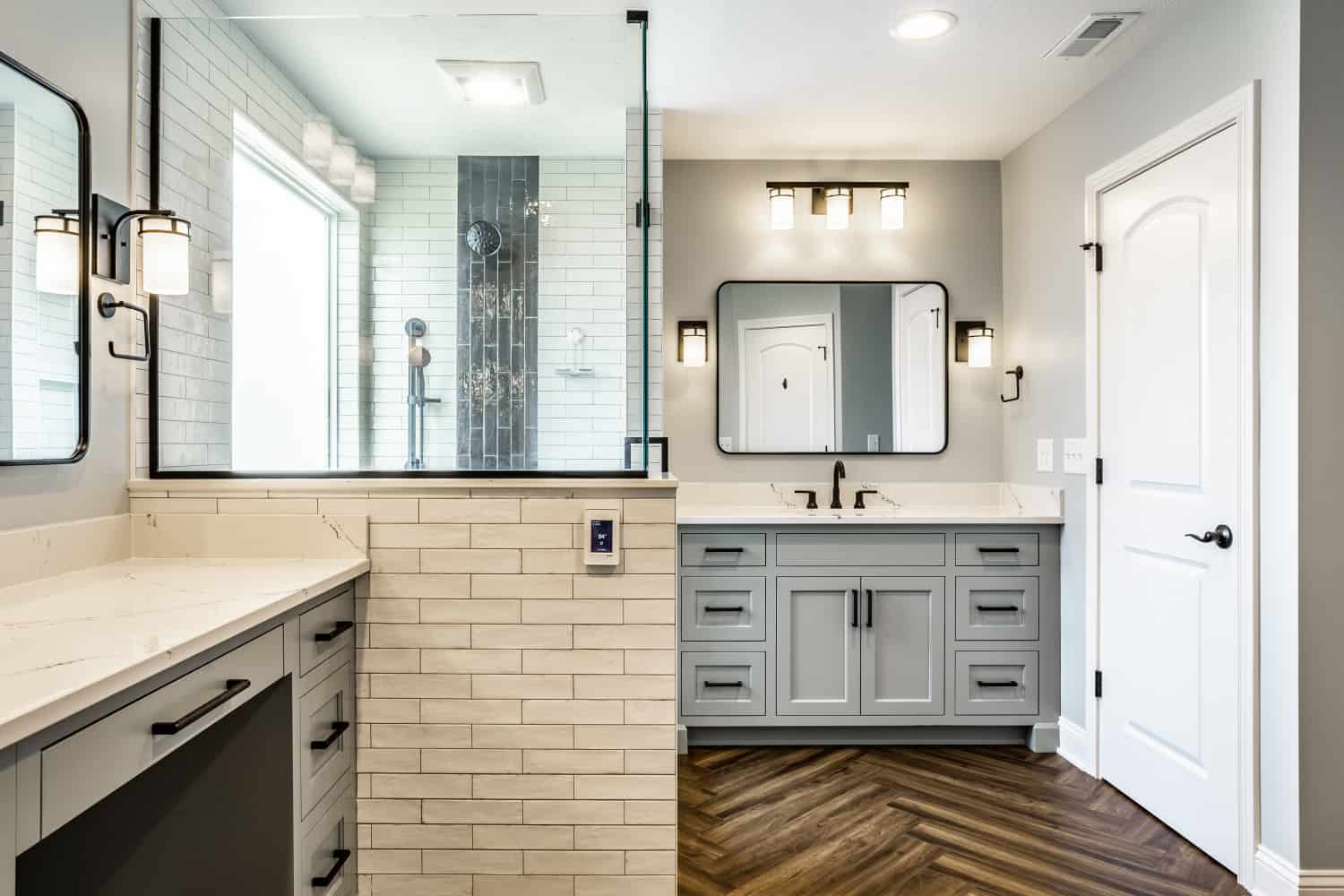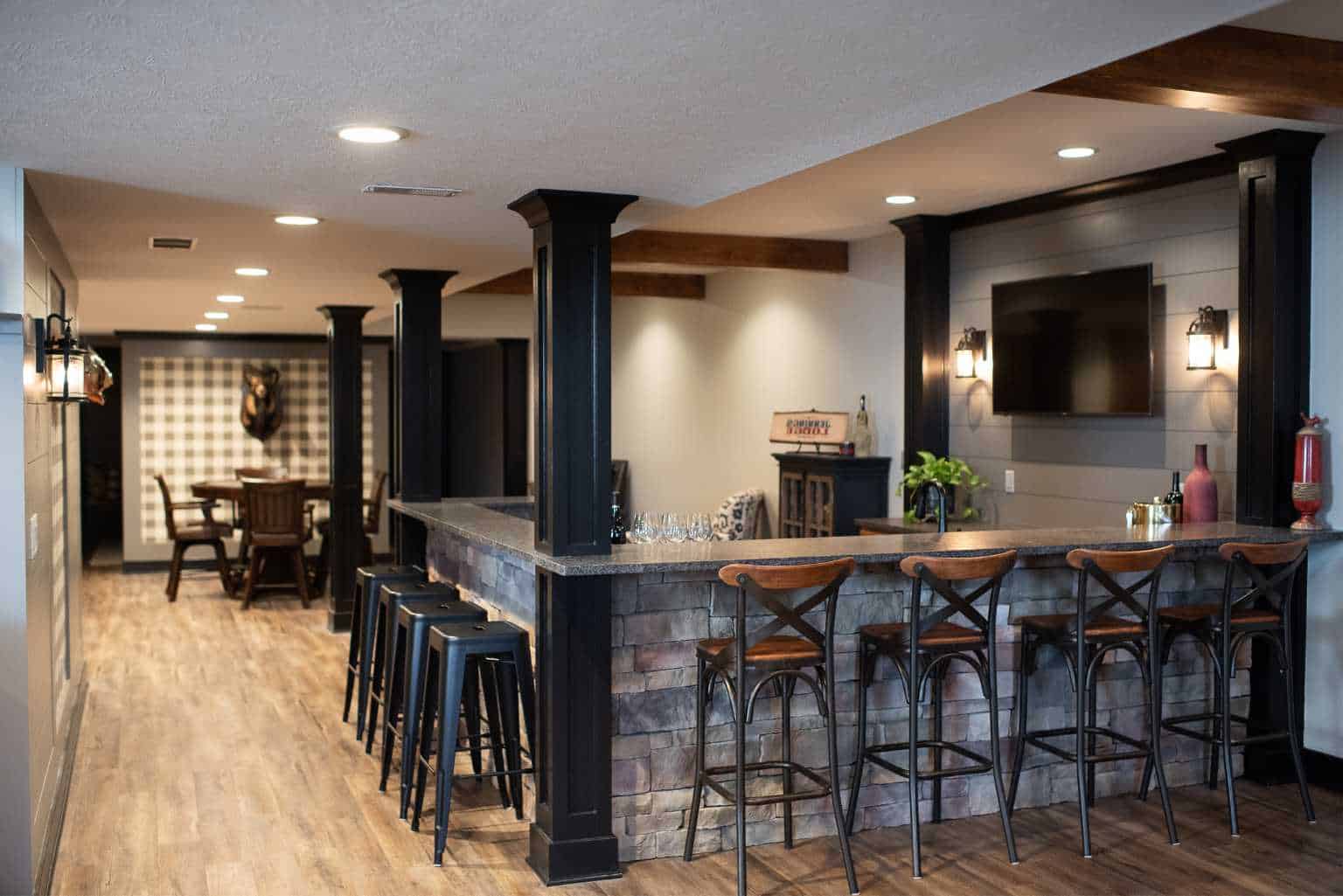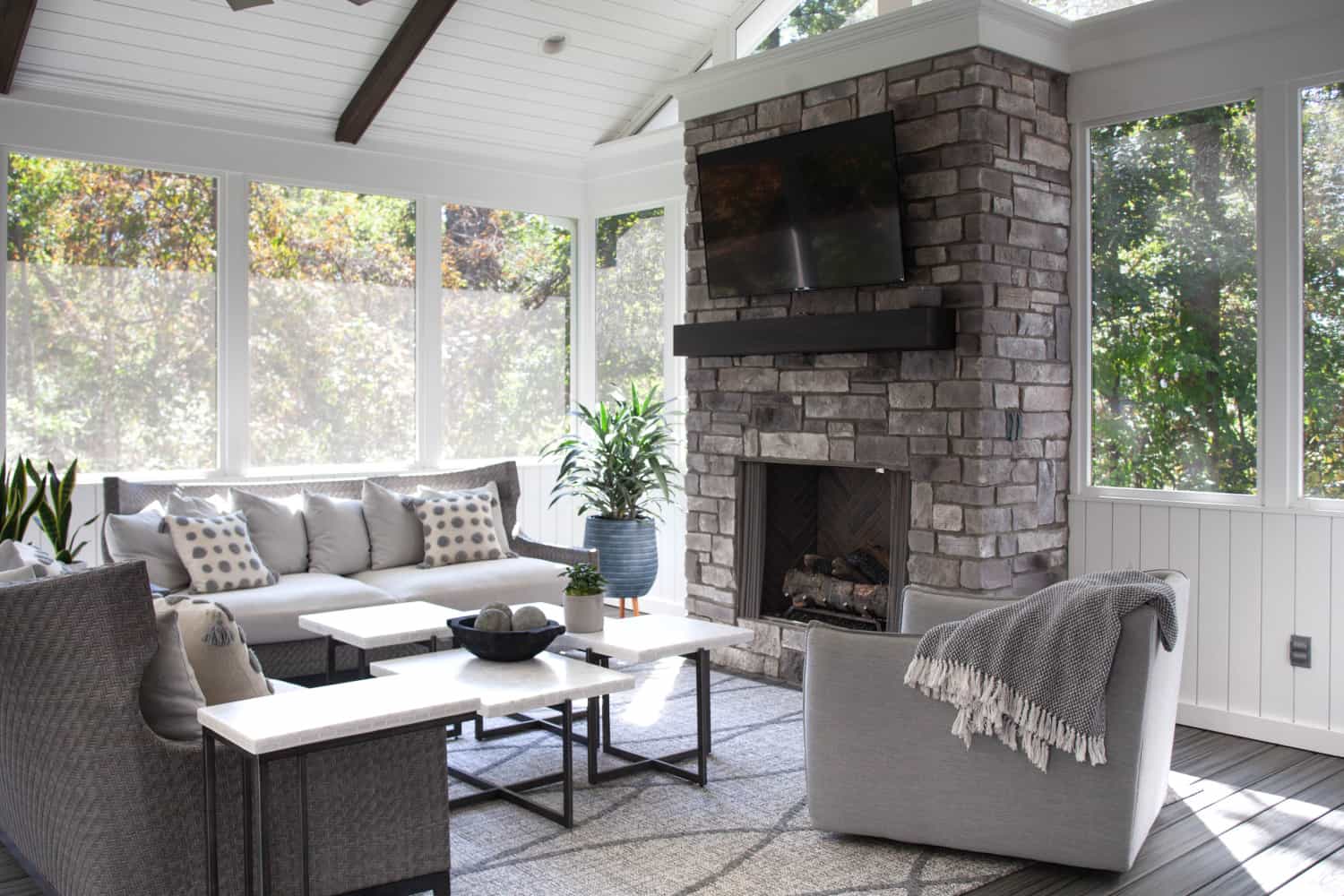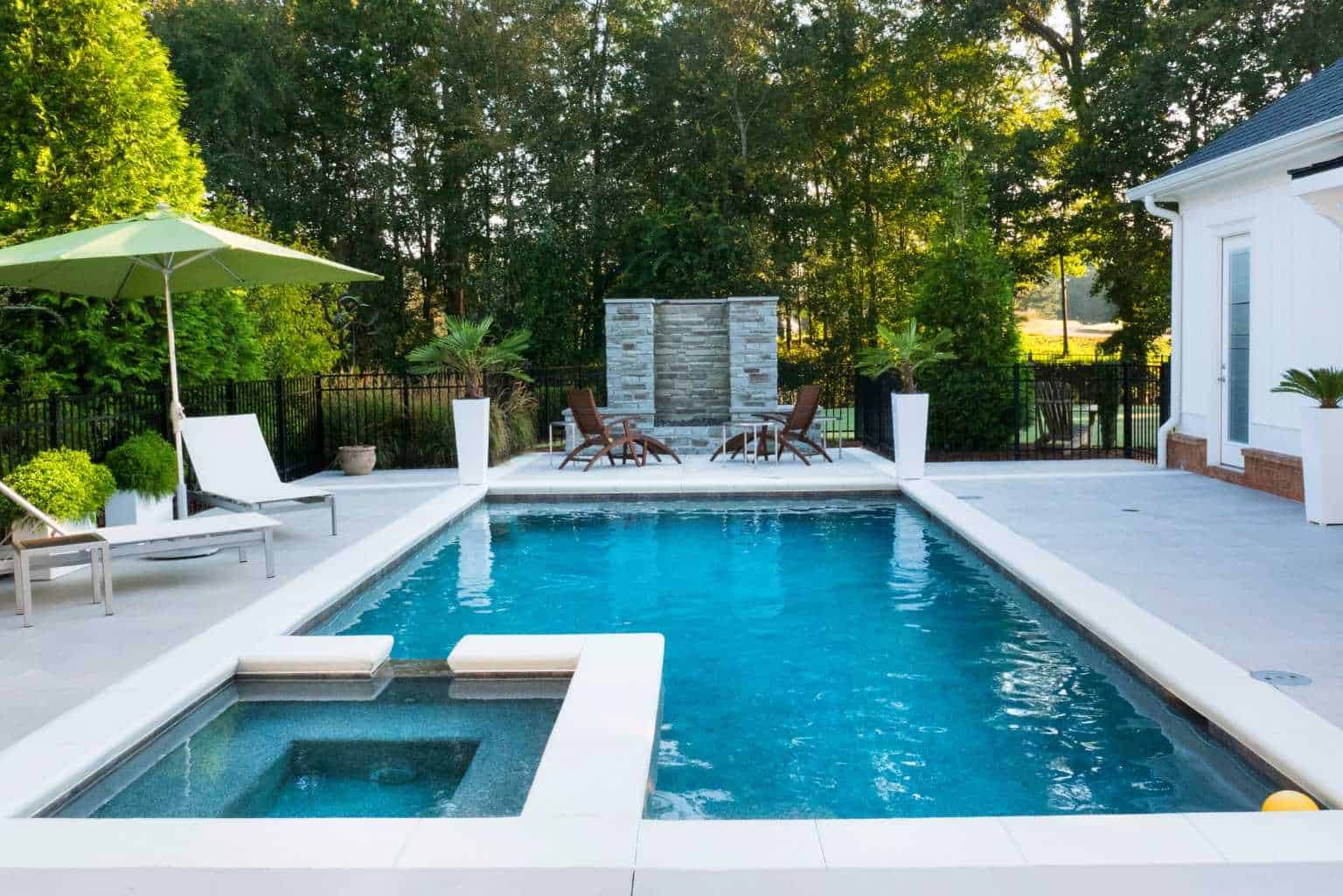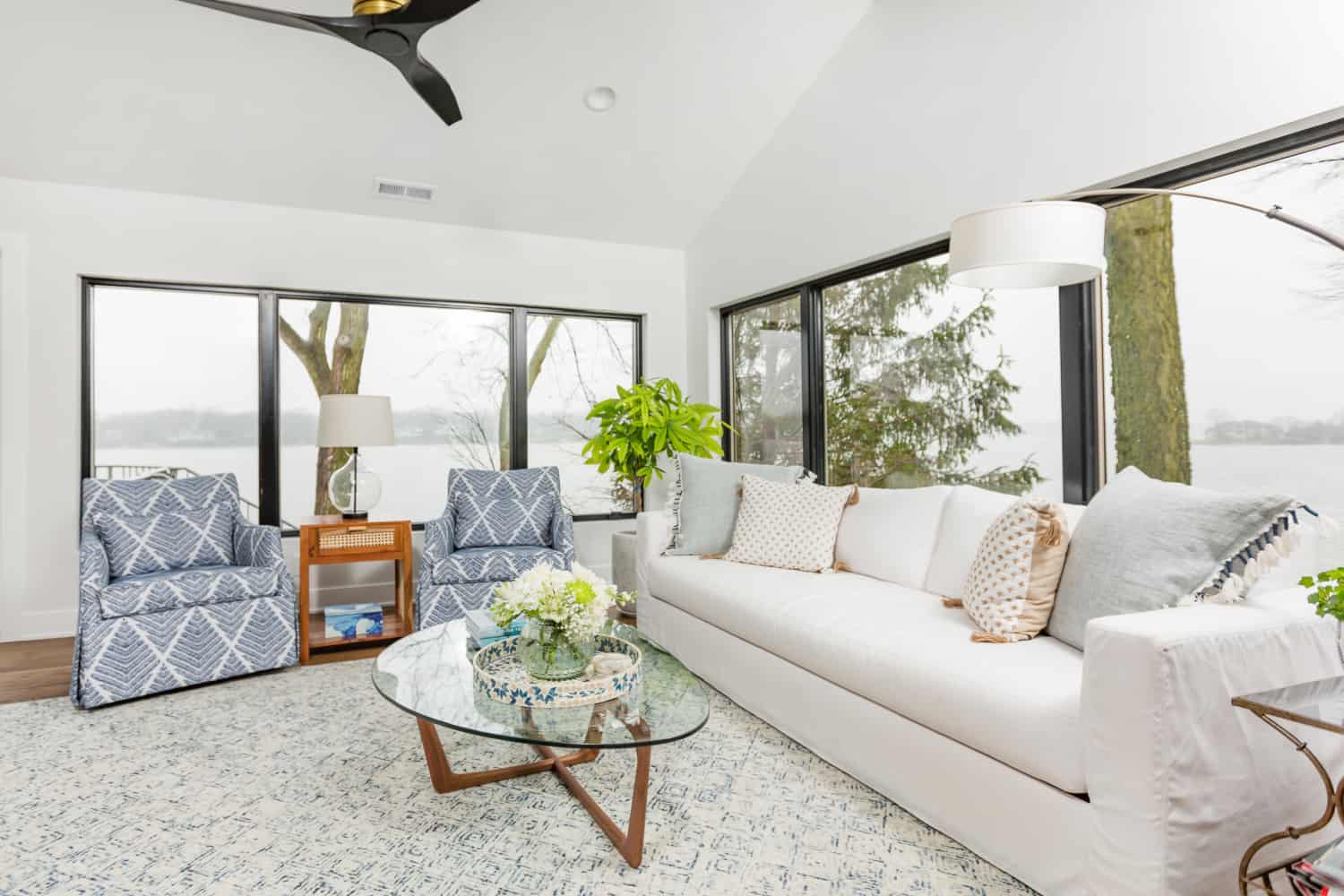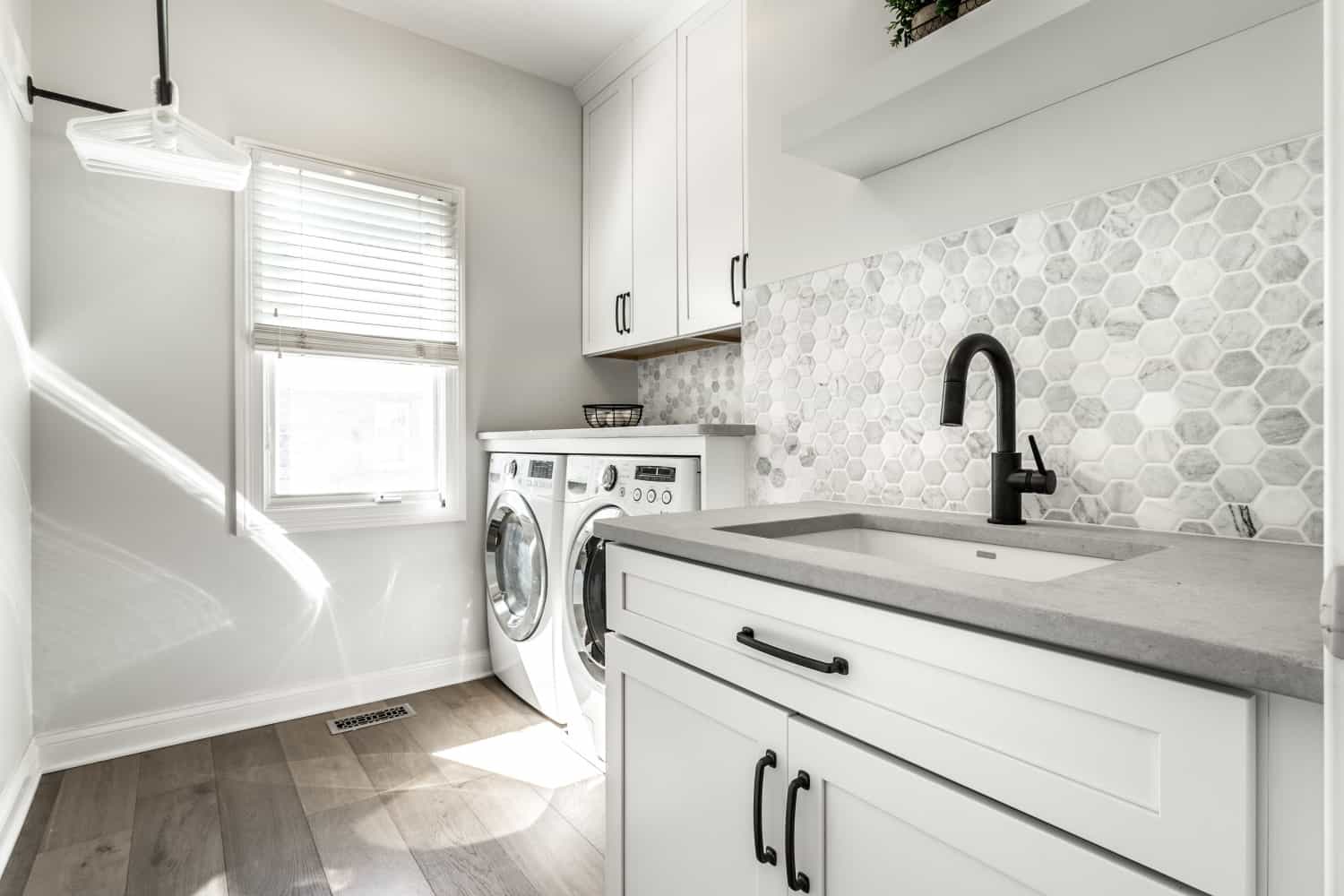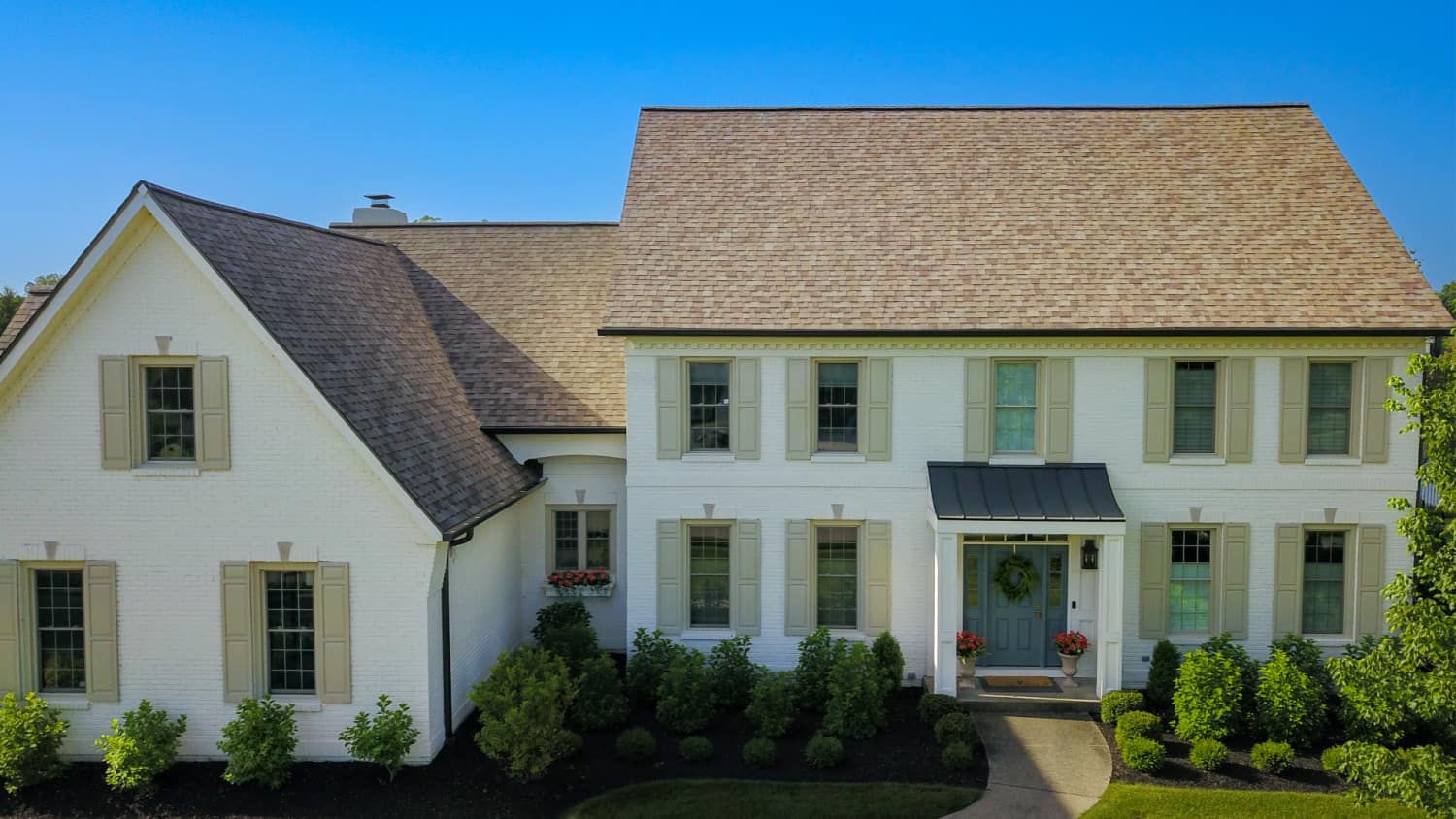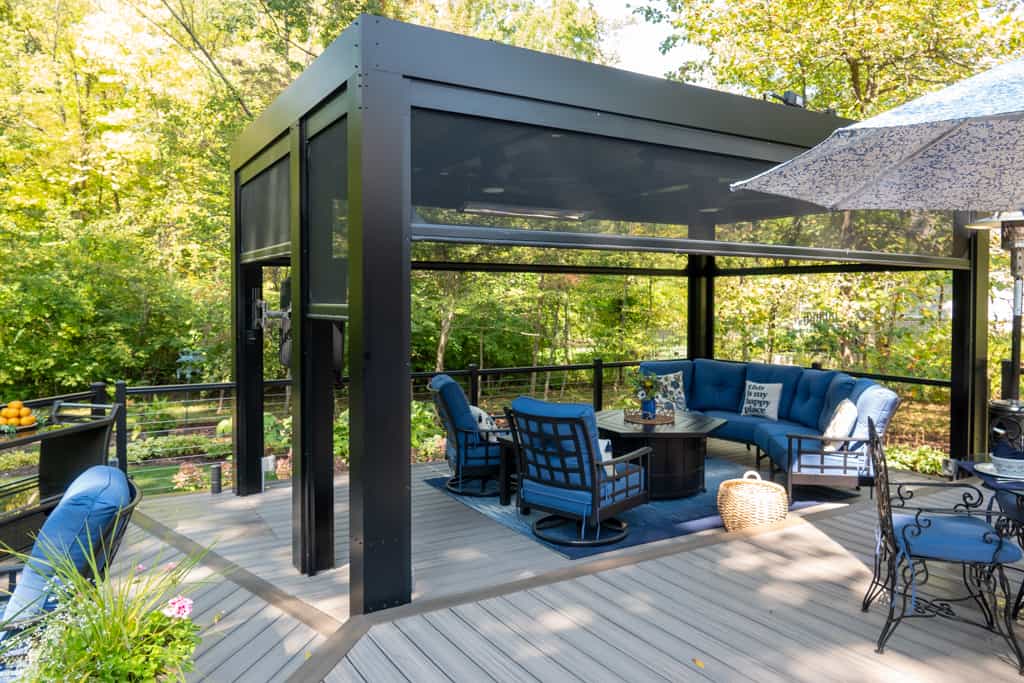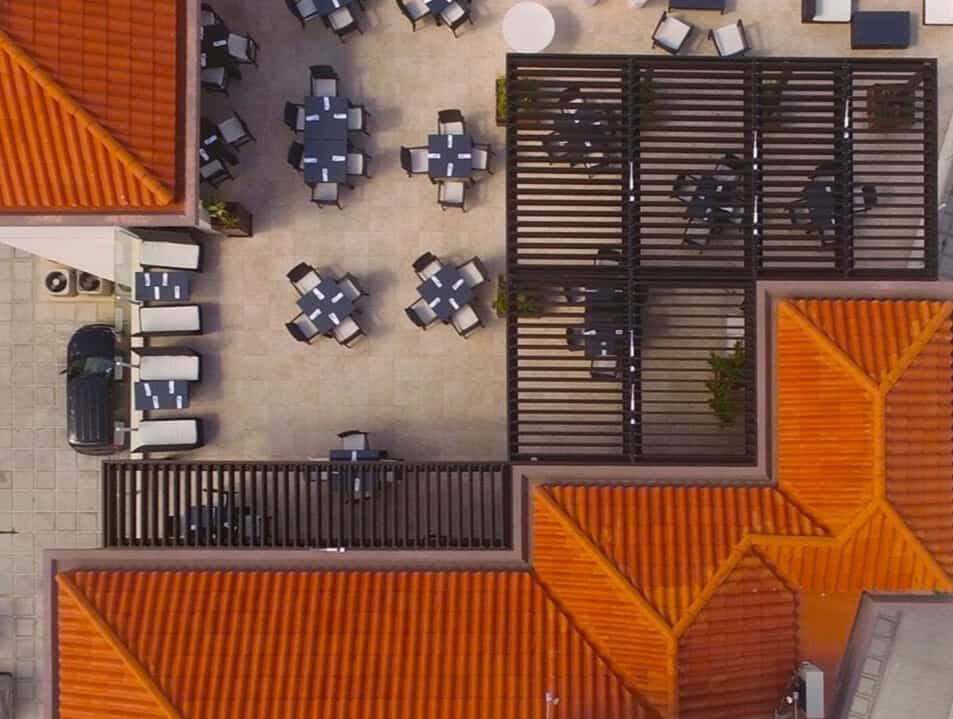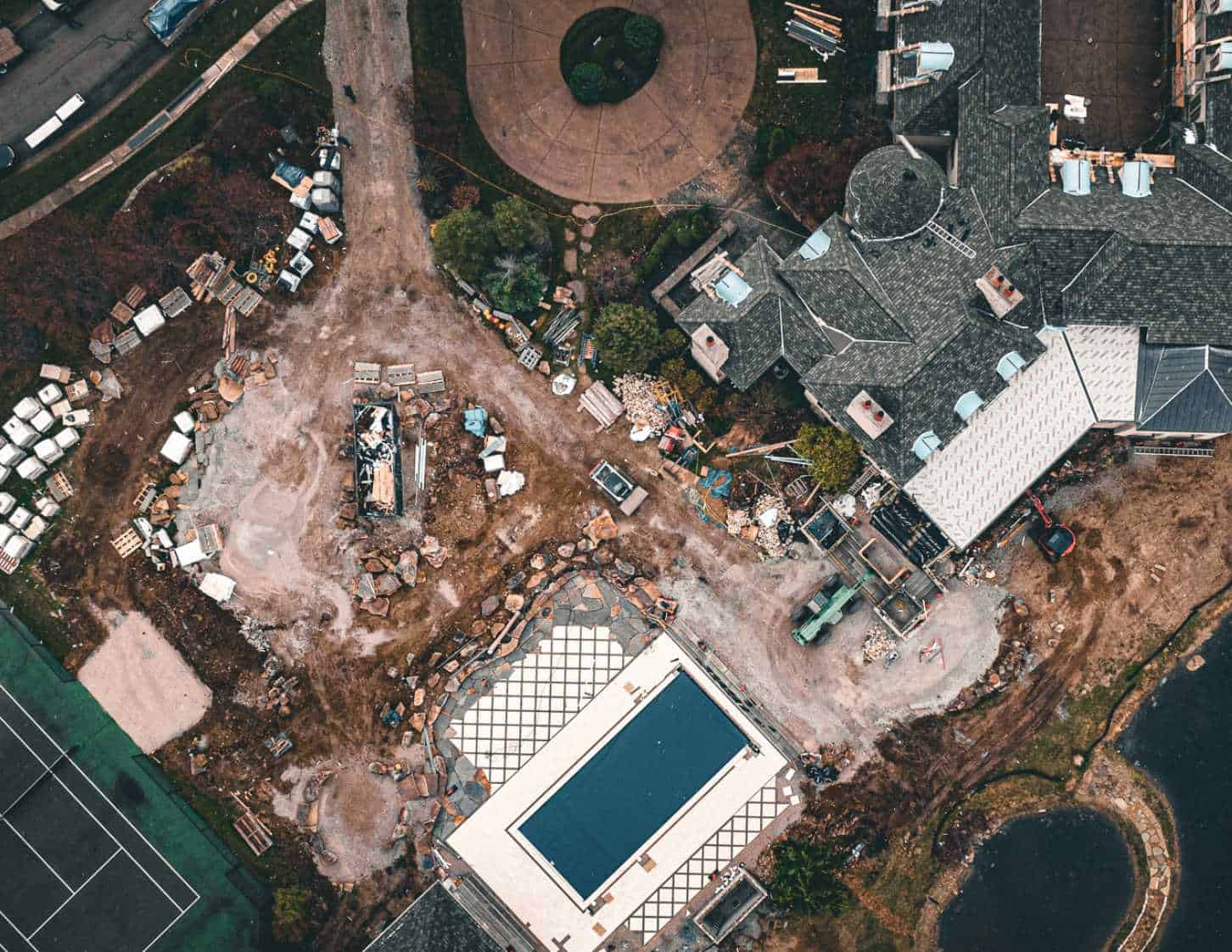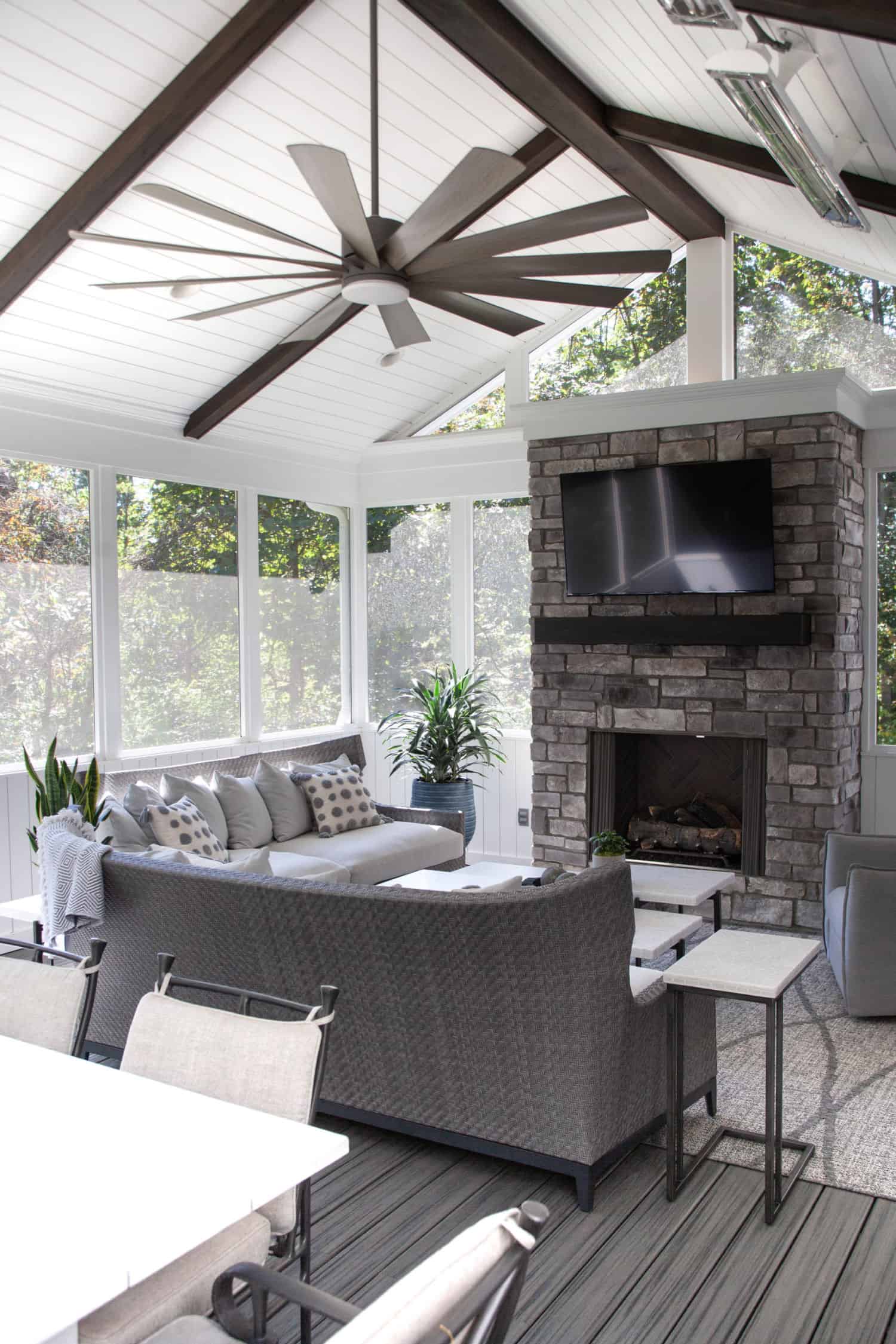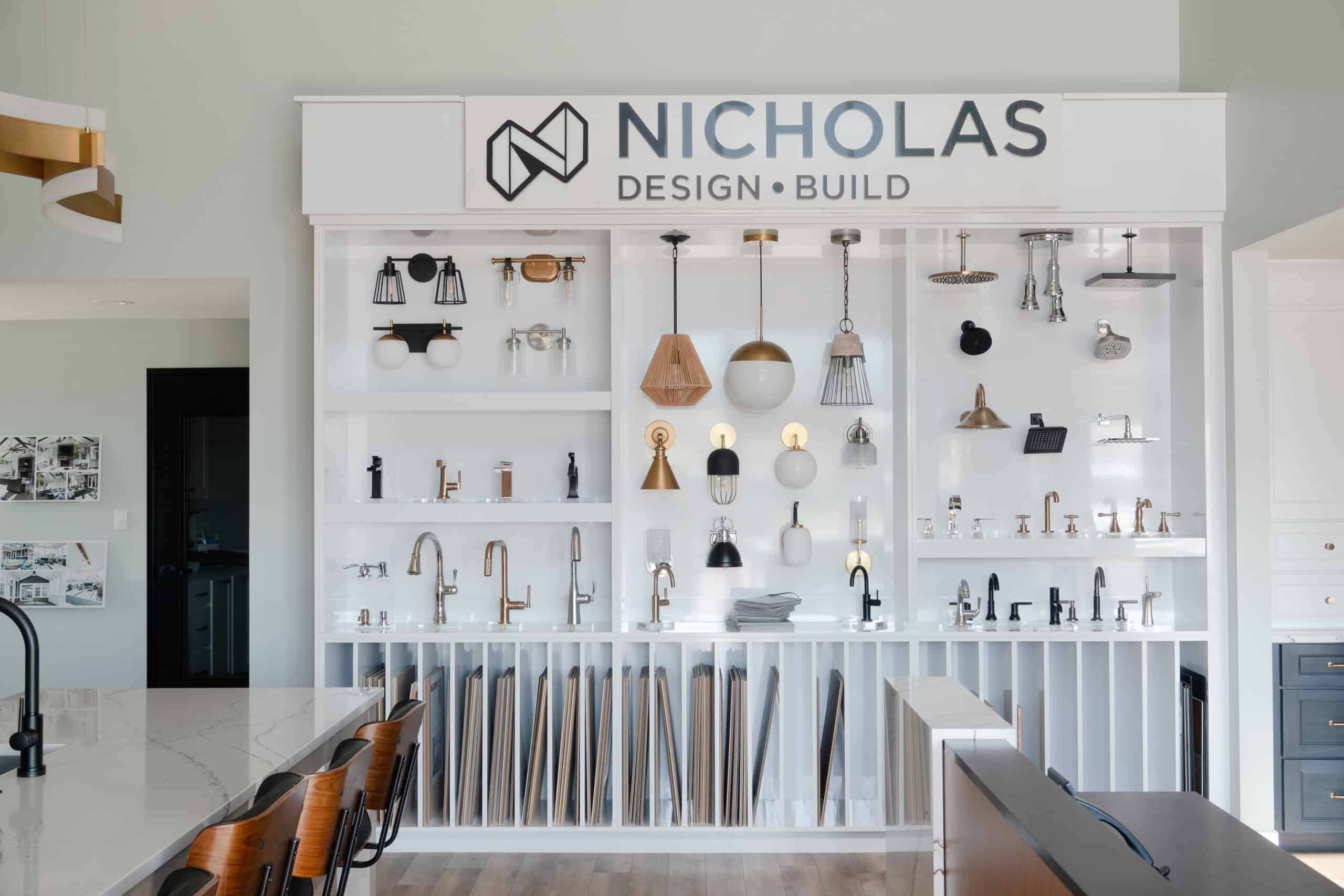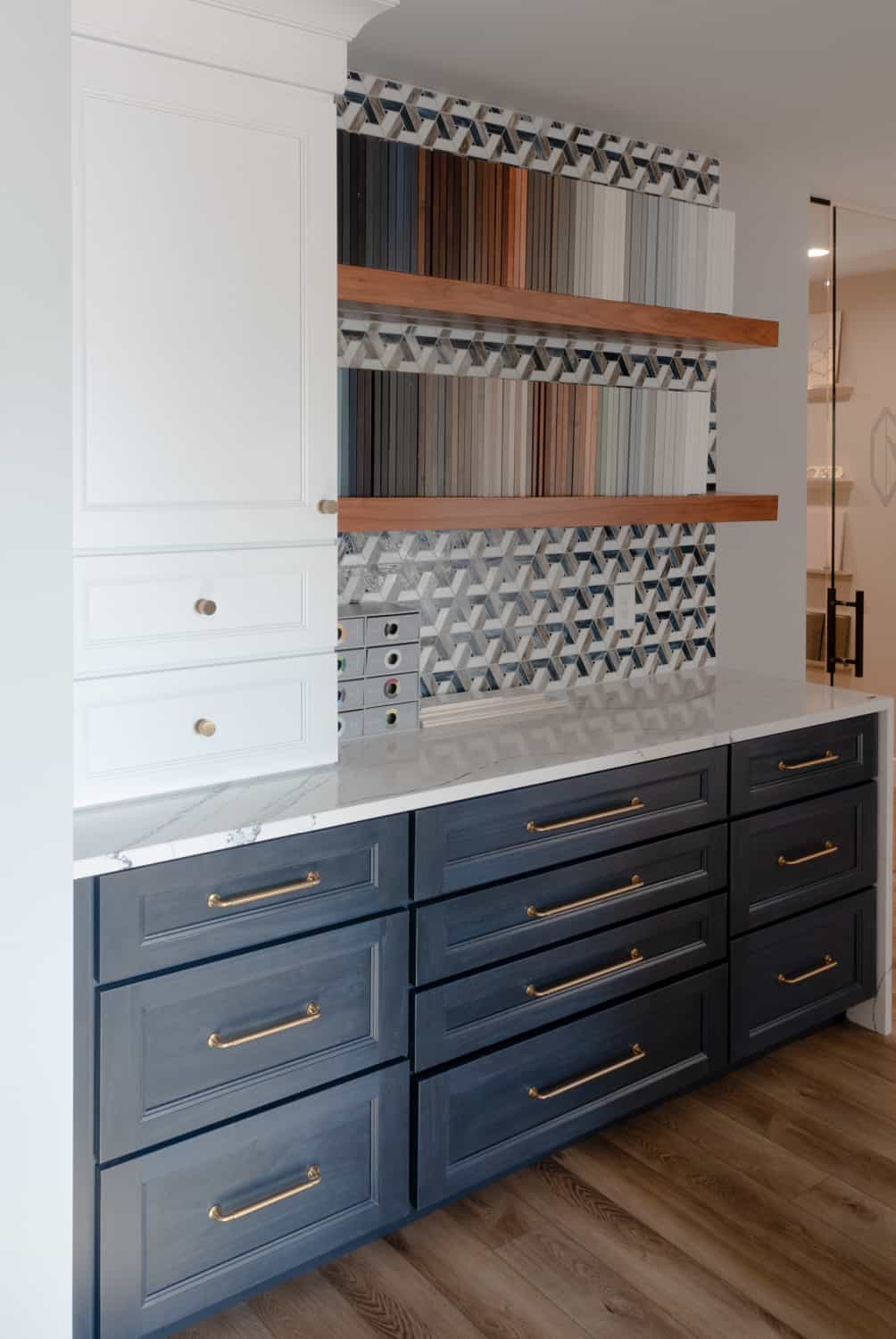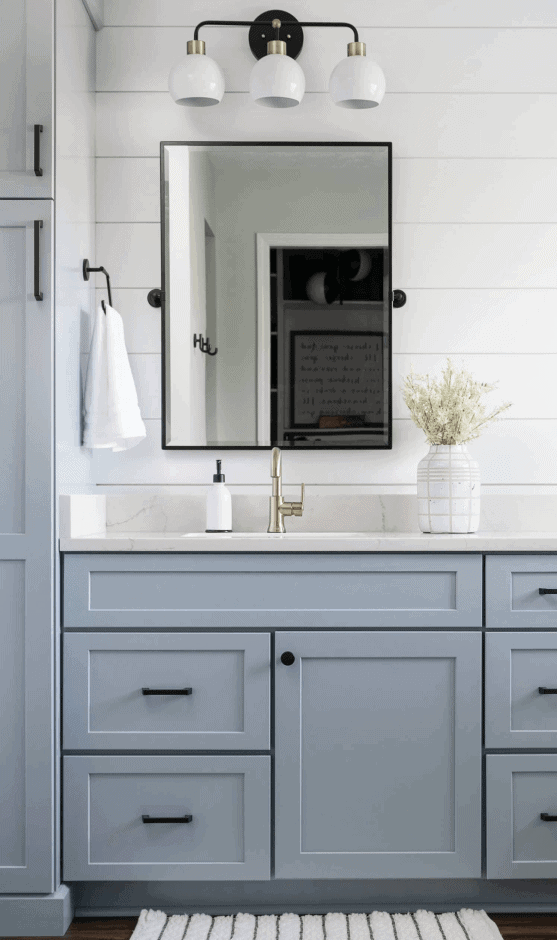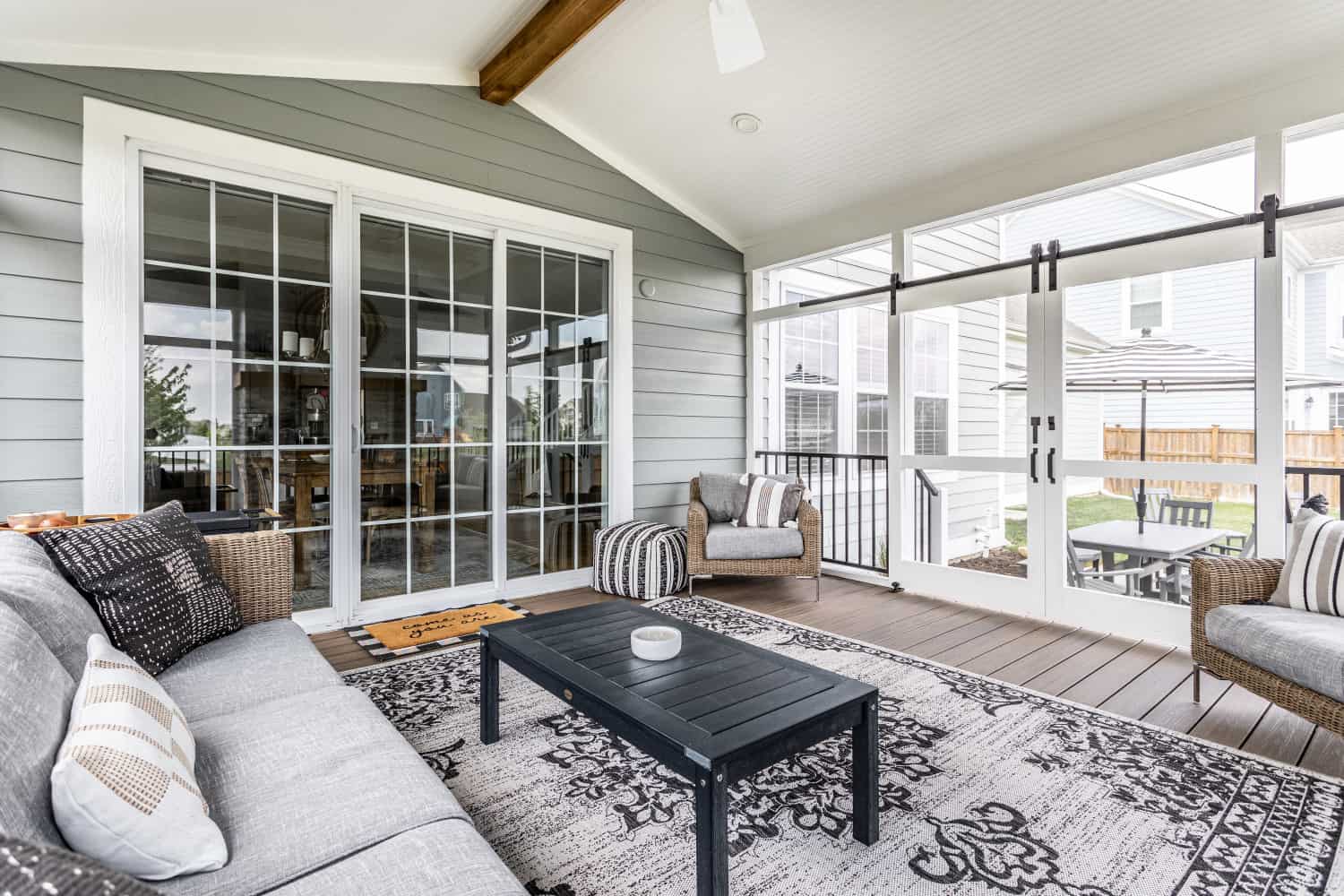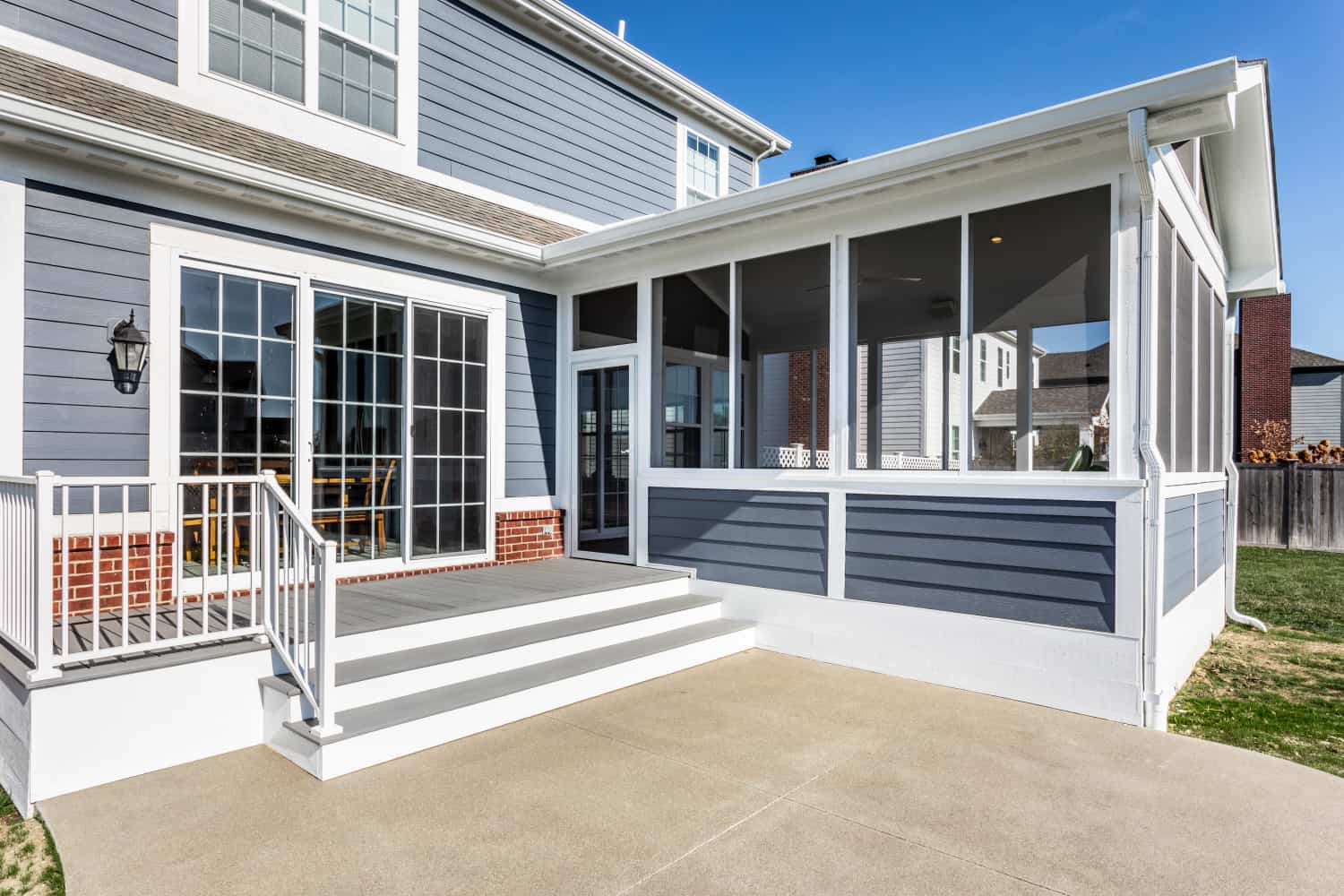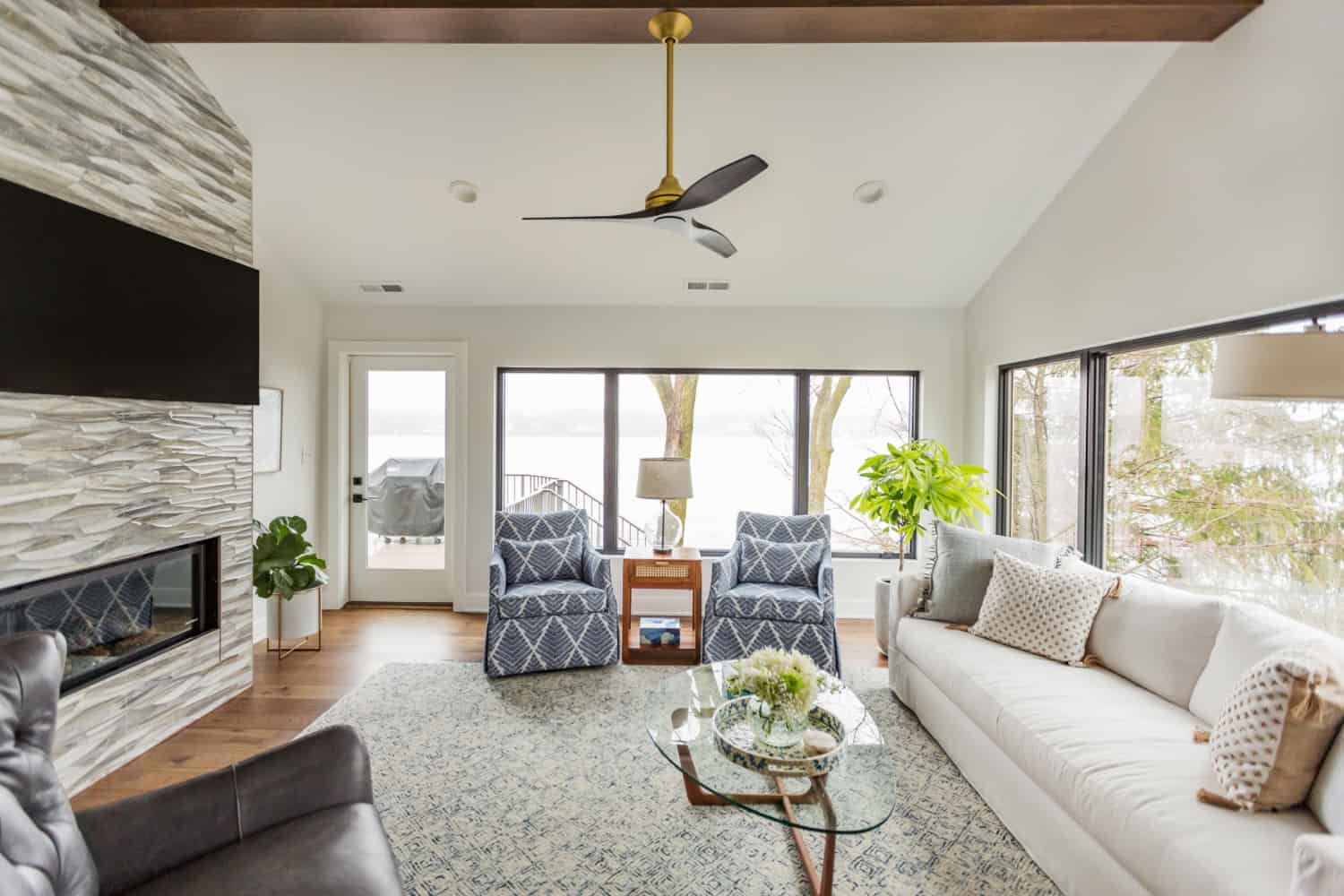Adding a home addition can transform the way you live. If you feel like you have grown out of your home but love the location, a home addition can make all the difference between staying put and moving entirely. However, adding a home addition is also a time and financial investment that requires a lot of planning.
Before talking with your design-build team, figure out what you hope to accomplish. Do you need a mother-in-law suite or a larger kitchen? Or do you just need more living space overall as your children get older? Whatever your goal is, here are 5 things to consider before deciding to go the home addition route.
5 Things to Consider Before Adding a Home Addition
1. Why Do You Need a Home Addition?
Before deciding on adding a home addition, you first need to solidify why you need one. In this stage, you need to take inventory of your family’s needs and how your current home does not satisfy them. A home addition can be more costly than a simple remodel, so you’ll want to make sure that just renovating an existing space can’t solve the same issue. For growing families, square footage is often lacking, which is a problem that only a home addition can solve.
Once you have solidified the need for a home addition, you’ll want to define the objective for that space. Do you need a home gym, basement, kids play area, or just extra living space? A home addition can greatly impact the way you live or entertain if you designate it to the right cause. You will need to have this down before any work can be done.
2. Make Sure to Have Seamless Design
After you have established the need for a home addition and the concept behind it, you’ll need to begin planning on how to incorporate it into the existing design of your Indiana home. You may only want to add a home addition if you can find a location that makes sense.
The flow of your home is affected by where you plan to build. The location you choose can either add value and ease to the way you live or obstruct it. A laundry room addition, for example, may be best placed near the master bedroom for easy access. A porch would be a great addition off the main living area.
Although this is a new space, you may not want to venture off too much from the original home design. While new finishes are okay, try to stay true to the original or complementary color scheme and design theme. You want your home addition to appear as if it were an original part of the structure. Sticking to a similar style will help your addition to blend in seamlessly.
3. Will Your Home Addition Add Value?
A home addition can be an extremely costly investment, so you want to make sure that it adds value to your home. If you’re planning on staying in your home for a while, you simply need to make sure that the space will serve you well in the long-term.
Home additions typically get lower returns on investment than remodels. The rate is typically anywhere between 49-65%. If you plan to resell anytime soon, you’ll need to think more about how to make up for that difference. Talking with an appraiser or remodeling contractor can help you to find additional ways to add value through sought-after amenities or energy-efficient materials.
4. Property Lines and Permits
Before deciding on adding a home addition, you need to first ensure that you can legally do so. Many municipalities have restrictions on where you can build a structure. For example, in a residential area, you’re generally not allowed to build anything within 20 feet from the front of your property line.
You’ll also need to factor in the costs and time associated with requiring the proper permits. There is nothing worse than having to start all over on a project all because you didn’t acquire the proper documentation beforehand.
5. Will I Need to Hire a Contractor for Adding a Home Addition?
Unlike a remodel, it is rare to find a homeowner who can tackle adding a home addition without professional help. Creating and designing a whole structure is an entirely different ballpark that can take months to complete. Many municipalities also require licensed contractors or architects to acquire permits and submit building plans.
Licensed contractors at the end of the day know everything it takes to do your project right. They have typically done hundreds of additions and know all the steps like the back of their hand. This can save you time, stress, and money that could otherwise be put to better use (like new curtains).
Nicholas Design Build Contractors
Over the years, we’ve added home additions for countless Indiana families who outgrew the square footage of their home but love their location. Our entire design-build process takes place under one roof, providing a simple experience of working with one expert team from start to finish. We use high-end 3D design technology to open your eyes to stunning possibilities while meeting your family’s lifestyle needs. Plus! We offer a three-year, no-hassle warranty on any home addition workmanship, so you can add on to your home with confidence.

